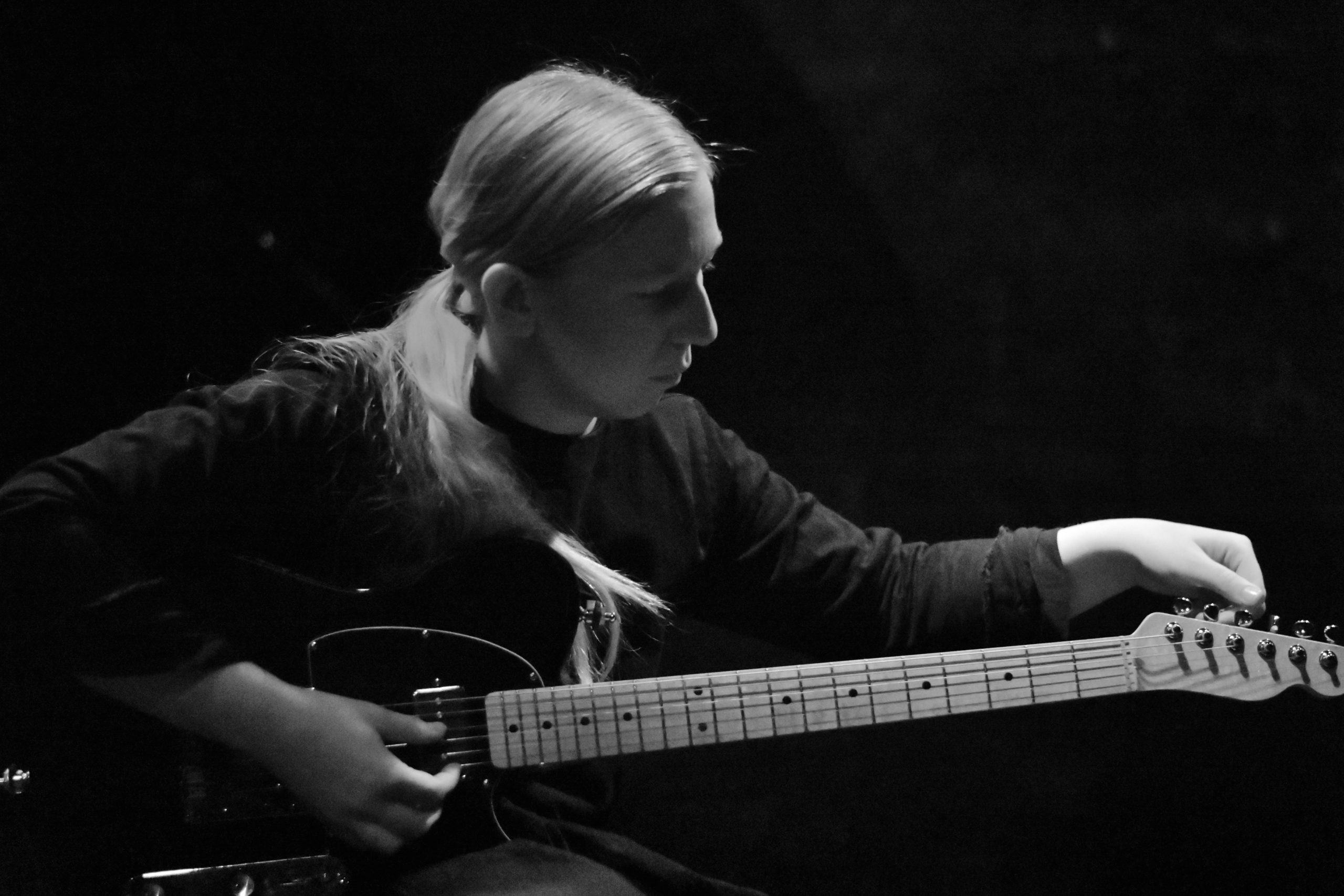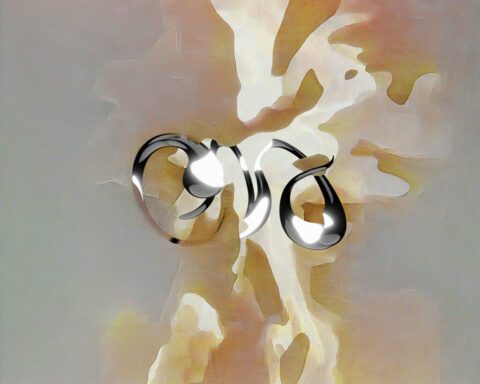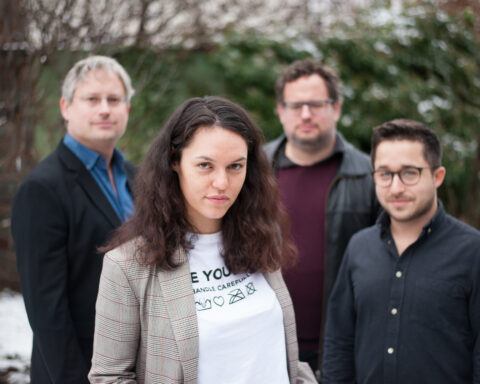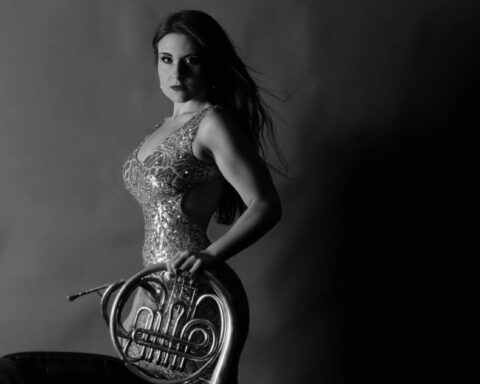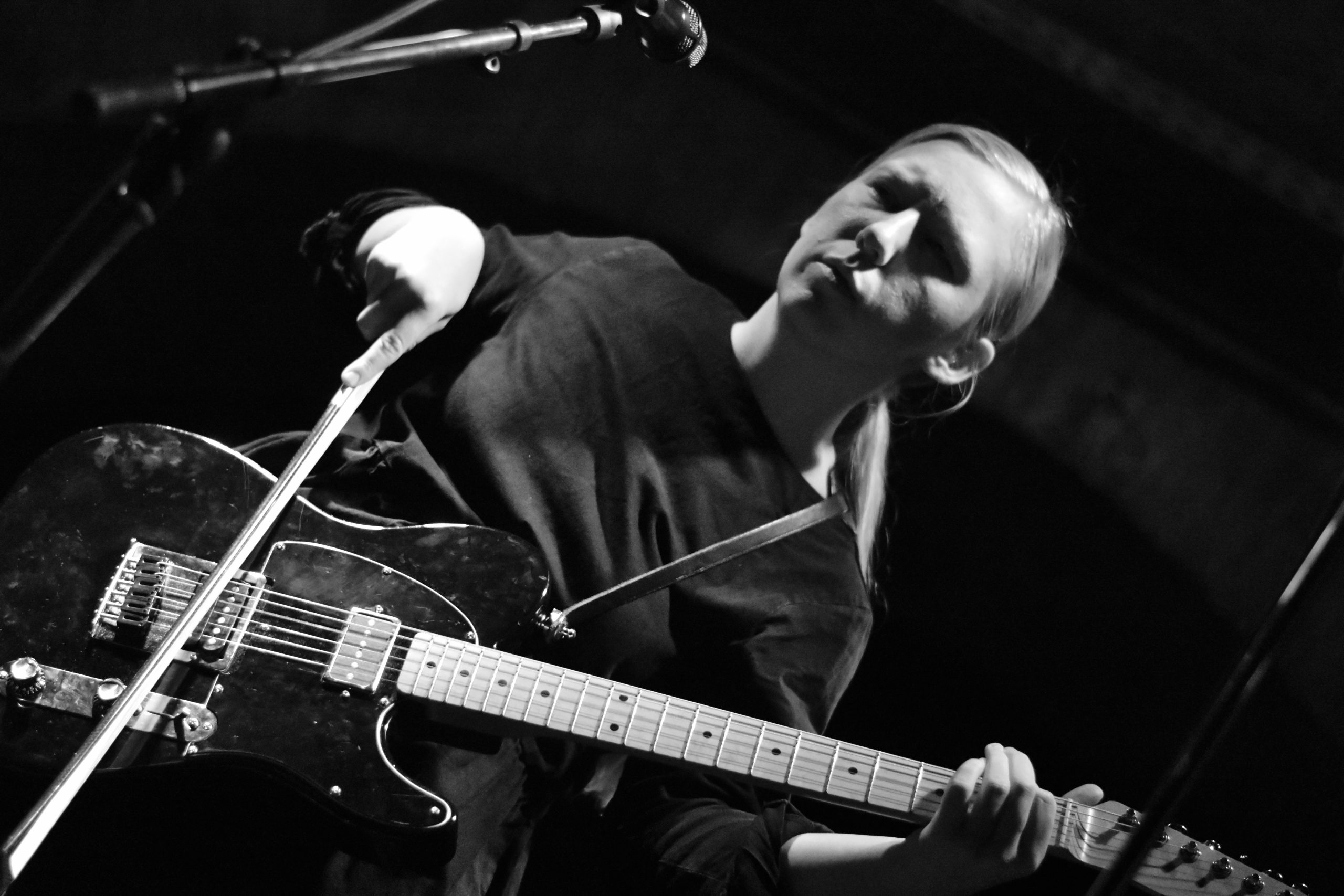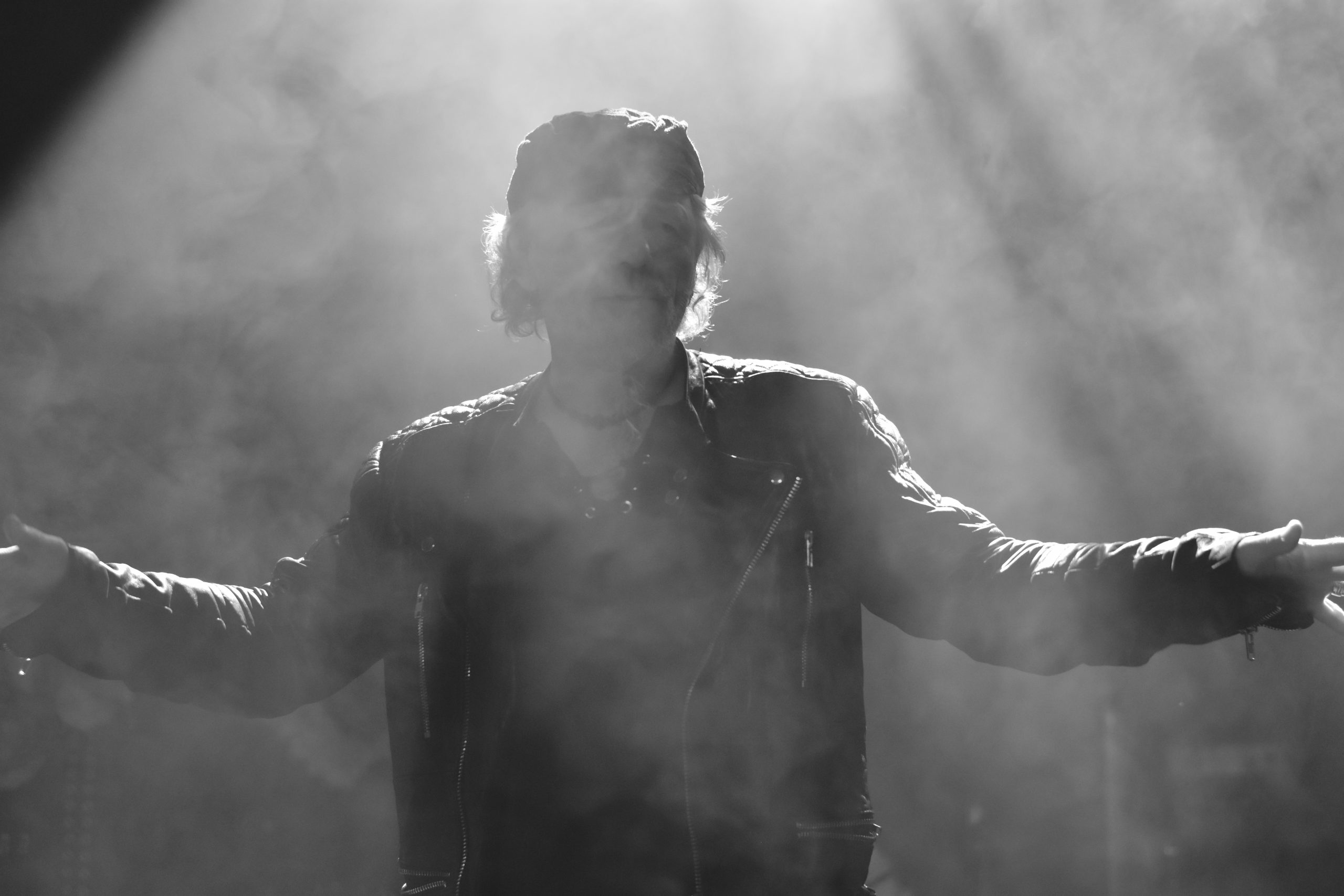As the rain pours outside of the rhiz, we get a chance to discuss Klara Andersson’s Noise Pop project, Fågelle (pronounced like the German word for bird, Vogel). The Swedish artist talked to wolfgang about the appeal of this unusual combination of genres, the role other forms of art play in her music as well as her guilty pleasures.
First of all, how are you?
I’m good, it’s been a really long day. We’ve been driving from Verona and we had really bad weather, but otherwise it’s wonderful being on tour.
You have a Noise/Pop project. Why did you decide to mix these genres that seem to be so far apart from each other?
I was always writing songs, I really love that. And I kinda got into experimental music and free improvisation- I’ve been opening myself to sound. Then I met Henryk Lipp, the producer that I’m working with, and he really encouraged me to find a niche and this way of daring to work with songs but still be able to have a really experimental approach to the productions and the performances. I mean, all of the songs and lyrics on the record, I can play in a piano, so they’ve all been written like Pop songs at some point. So to trust that you can go from a Pop song into something completely different…I think there’s a fear in experimental music to deal with a song format, even though it’s such an interesting thing to work with experimentally as well. And there’s also a fear in Pop music to deal with sound, so I think it’s a very interesting space to explore.
Which bands would you say are your main influences?
Oh, that’s a hard one. I mean, it’s like different bands for different things, I would say. Anna von Hausswolff, she’s a friend and role model and an icon. I’ve learnt a lot from seeing her perform and her band, like, the patience they have with the music and the patience with time perception and that you don’t have to…you can really leave things hanging for a lot of time and really let things breath. I think I learnt that from her so that’s a big inspiration. And then Leonard Cohen for poetry, you know, Tom Waits and…maybe the things that are a bit closer…I had a Sigur Rós phase, you know, I started playing the bow on the guitar and stuff like that, trying that out and I really love Jenny Hval. She’s a Norwegian experimental singer and she’s a fantastic poet, she’s a really interesting text writer. She also writes books. I think there are lots of interesting women working in the border of Pop music and Experimental music that inspire me a lot.
You have this artistic background due to what you’ve studied. Are there any other forms of art that have inspired your work, like cinema, or paintings?
I mean, I’m a sound artist so that sort of artistic genre is of course important to me. When I’m dealing with space and the way of approaching sound and gathering sound, that’s important. Other sources…I mean, everything is inspiring, I think. It’s a good question, I don’t know if I have a good answer. I get really inspired by everyday life. I think that’s my main inspiration and some artists are really good at capturing that as well and that’s fantastic, which is, like, gathering sounds and kind of being in different environments watching different relationships between people and the subtle nuances of relationships, that’s very inspiring for me and I feel like this kind of everyday life is…I’m a good observer, I like to be an observer. Being a performer is very „on the other side“, but as a producer and as an artist I take a lot of inspiration from being an observer of things.
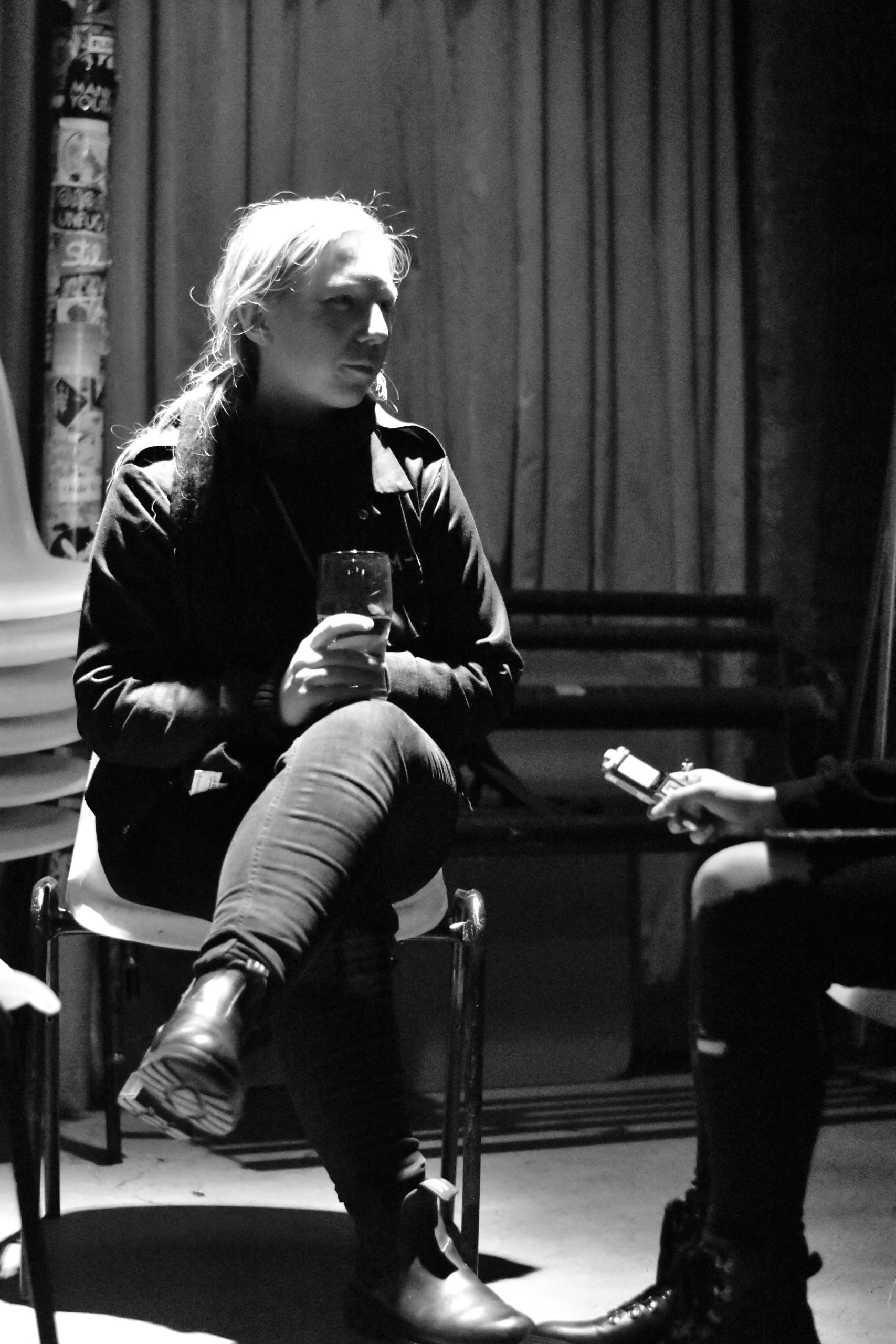
In this globalised world where everyone tries to appeal to wider audiences by singing in English, why singing in your mother tongue?
It’s my language and it’s what feels like me. I want to be very honest and vulnerable and think I can only be that in Swedish, and then in the end I didn’t know it was actually possible to tour in Europe singing in Swedish but I also don’t want to be the person questioning it because it works and it’s fantastic, because I think there’s something that transcends the lyrical meaning. I mean, it’s important to me and I think it’s important to the audience even if they don’t understand; there’s this sort of sincerity that goes through. Then I think sometimes, of course, the meaning gets lost but it’s just my language. I think you can hear that I’m singing in my mother tongue and it’s not something else. It’s just, I can’t really write in English, that doesn’t work for me.
Going back to your songwriting process, how would you describe it?
It’s more or less been me with the piano or the guitar, which is really basic but I like that because then you can really figure out how to make a song good before you start messing with all the other things. That might change in the future, I don’t know. There’s also a couple of songs that started in the other end with, like, sound and stuff and the song is written through that but I’m a proud songwriter (laughs). I write songs and it goes in kind of different stages and then comes into a kind of production point of view and then you try to find things and I’m really open for things to change along the way; it doesn’t have to be so…nothing is holy, really. Same goes with live; if I have a song that I’m gonna play live, nothing is holy. I can take one verse and then I skip the rest. I wanna feel free and I wanna feel very urgent and present and interesting. That’s my main goal. To sing every part of a song I’ve written is not the most important to me.
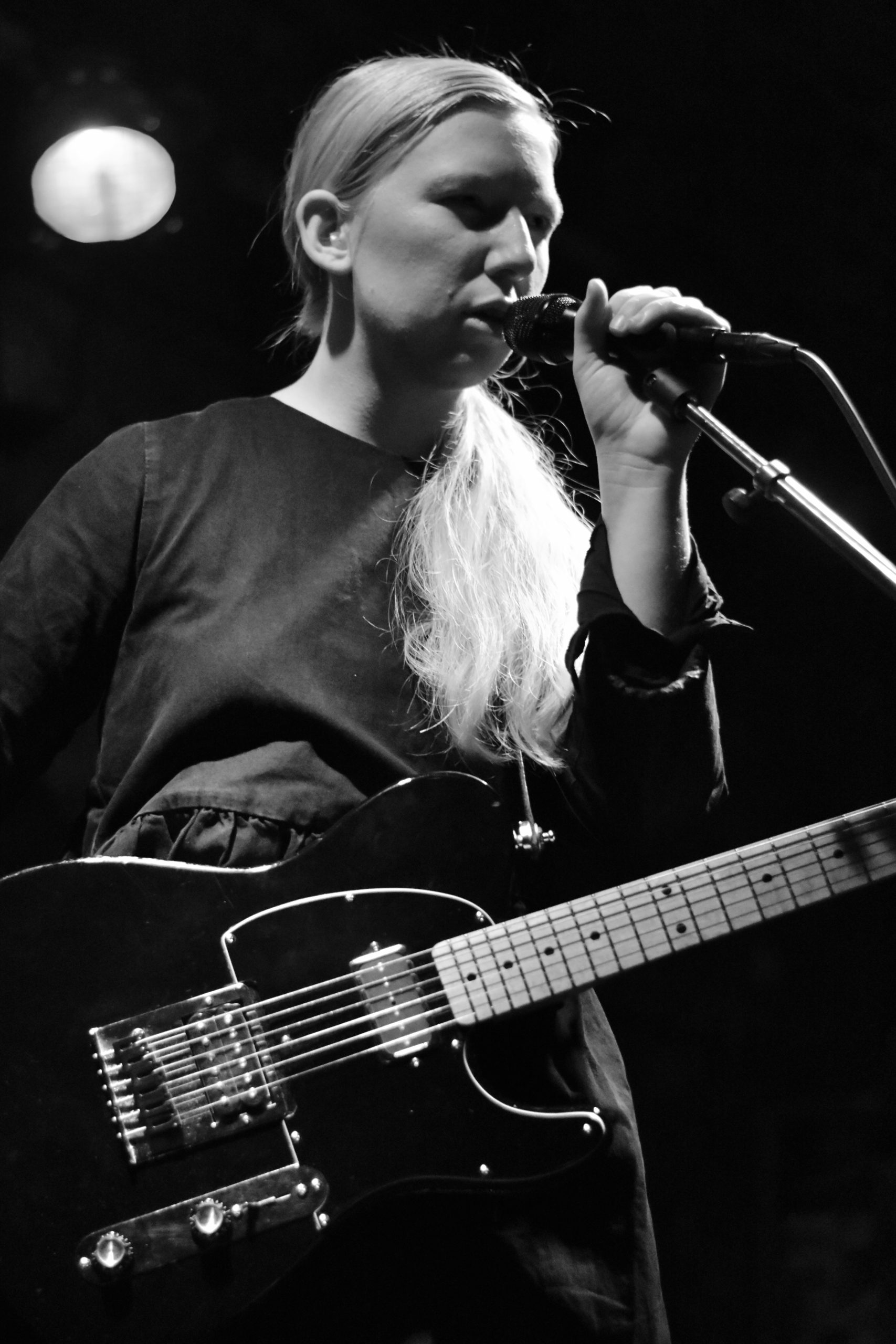
What role do live performances have in your project? What kind of feelings would you like to instil in your audience?
It’s a big part, I think. It’s two very different things; they compliment each other but the live is really important. Yeah, I wanna instil power and I wanna subject people to something raw and powerful and vulnerable, like, extreme emotional things. It’s interesting because, when you’re singing beautifully and you’re a woman –even though I feel like I play a lot of Noise as well–, people will kind of look at you as a…they will make certain assumptions. That has kind of pushed me into making the extremes more extreme to let the noisy things be really noisy and hard and really go all the way to actually push myself and hopefully push the audience into something they didn’t expect.
How’s your experience like as a woman in the Noise scene?
If you would ask a Noise person, they would not think that I do Noise. And that answers the question a little bit. But I’ve also had really good feedback; people are nice, it’s just that, you know, what you do is gendered. If I do something it’s looked upon as something and if I were a dude, it would be something else and I think you have to kinda be aware of that. I mean, that really pushes me to be more extreme, which I think is really important. It’s important to do ugly things as a woman as well and I also wanted the beautiful things, and I can do both. I don’t want to be one or the other. My first single is called „Döda flickan rädda rösten“ and it’s a little bit about how women in the music industry are kind of being dissected. You want their faces and their voices, but they don’t want their opinions or they don’t want the person, they just want something that they… ‚cause there’s always, like, male producers behind every track. There’s a female fronting everything but it’s all guys behind that woman, and it’s really strange. So, I think you have to push and not let people dissect you like that. That’s really important: not let people use tour voice to embellish their things but use it yourself (laughs)
Do you have any guilty pleasures music-wise?
Oh yes. I mean, I try to be not so judgemental, I think. I love- I think Taylor Swift is amazing. She’s a fantastic songwriter, she writes everything herself, and she’s also a fantastic performer. Also, like, all this kind of „diva singers“; I’m so impressed. It’s like craftsmanship. I think with these people, like, it’s not really moving me but I’m really impressed by their craft. I’m really impressed by Taylor Swift’s craftsmanship…craftswomanship (laughs) And same with Christina Aguilera, how she uses her voice, what the fuck, super impressive. I just think it’s important to be curious. I don’t get how people can be, like, „oh that’s bad music, I will never…“ I’m too curious for that, like, „how do they do this?“ (laughs) „what is this, how can I-?“ It’s just interesting I think.
Thank you. You get the last word of course.
Oh, thank you for having me (laughs). It was cool.
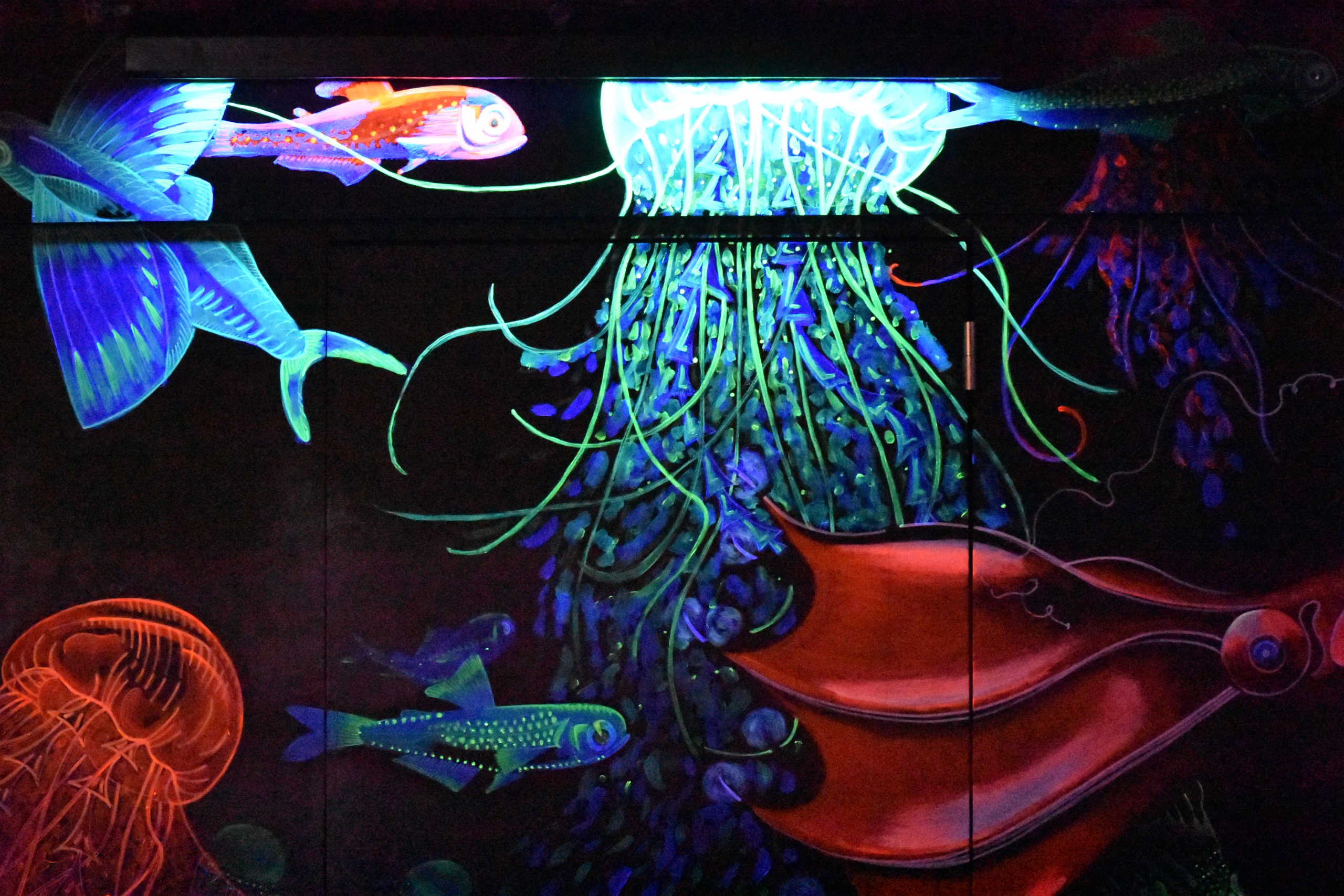
Political Sciences BA and Mexican-born expat, trying their best to hold onto their filmmaking dreams. I turn to music and films when existence becomes unbearable
